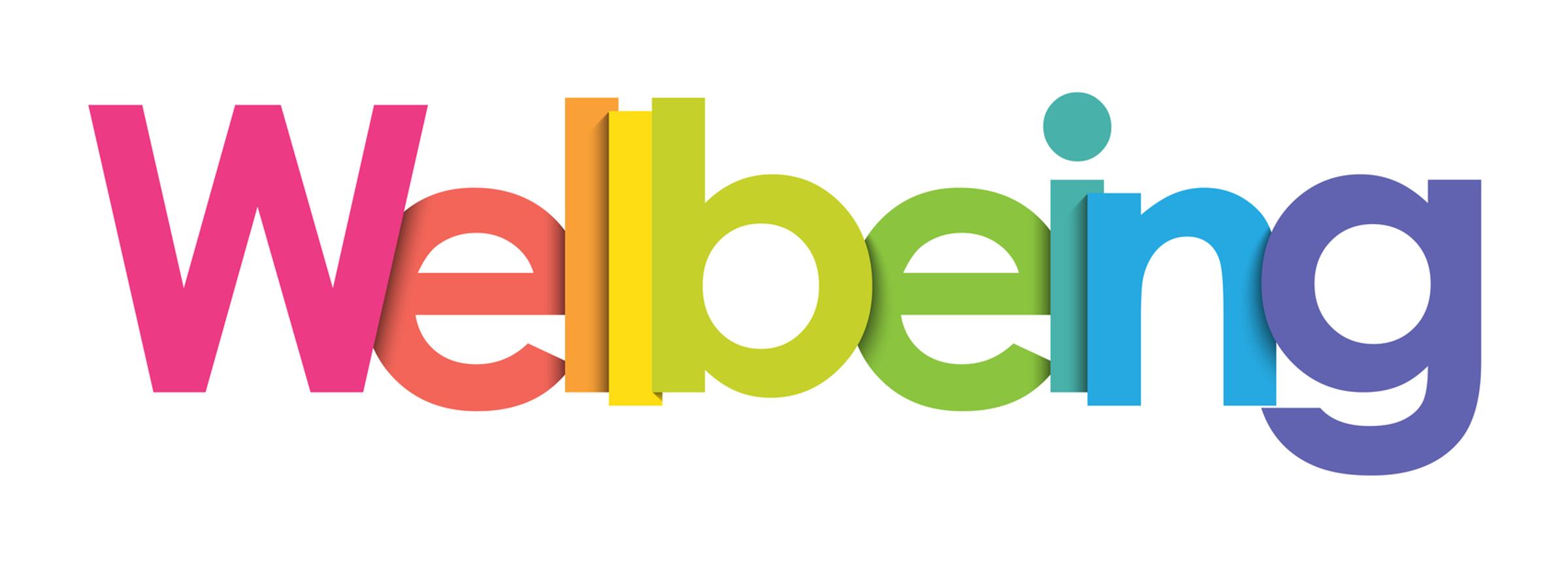Wellbeing

Using KIND words
Behaviour is communication, and disrespectful behaviour might be your child's way of telling you something is wrong.
It could mean they need help learning socially appropriate ways to manage anger, deal with frustration, and communicate effectively. Or maybe your child wants more of your time and attention.
If your child rolls their eyes and says, "Whatever!" when you tell them to start their homework, or if they pretend not to hear you when you tell them to turn off electronics, they're on the mild end of the disrespect spectrum. On the more serious end of the spectrum are behaviours such as name-calling, disregarding rules, and physical aggression.
While you might be tempted to excuse disrespect by saying things like "Kids will be kids," brushing it off won't do your child any favours. Children need to learn how to be respectful so they can develop healthy relationships with peers, authority figures, and family members.
No matter where your child falls on the spectrum, it's important to address disrespect before it gets worse.
Ignore Attention-Seeking Behaviour
It may seem like ignoring minor disrespect is the same as allowing your child to get away with it. But selective ignoring can be one of the most effective forms of consequences.
Ignoring is about refusing to let your child's disrespect derail you from the task at hand. If you tell your child to clean their room and they roll their eyes, don't engage in a lengthy argument over the disrespectful behaviour. Each minute you spend in a power struggle is 60 seconds they'll put off cleaning. Give a warning about what will happen if they don't get to work.
If eye-rolling is a common problem, address the issue at a later time when both of you are calm. Here are some tips for doing that:
- Say something like, "Earlier today when I told you to clean your room, you rolled your eyes. Are you aware that you do that when you're mad?"
- Talk about the potential consequences of disrespect.
- Ask, "Do you roll your eyes when your friend says something you don't like?"
- Engage in a discussion about how other people feel when they witness rude behaviour.
- Explain the natural consequences for disrespectful behaviour such as, “Disrespectful children often have trouble making friends."
Have Your Child Try Again
A wrong choice should be followed by the right choice. If you want your child to learn to act respectfully, give them a chance to practise.
Let's say your 10-year-old says, "Take me to my friend's house, right now!" Before you launch into a lecture about speaking respectfully, simply say, "Oh! Could you try that again?"
This gives your child the chance to soften their tone and use their own thinking skills to identify a better choice of words. For younger kids, you could say something like,
"I can't hear you! I can only hear your kind voice."
“I feel hurt when you use that tone with me. Can you try saying that in a nicer way?”
“In our family, we treat others with respect. How can we solve this problem without being rude to each other?”
“I am happy to help you but I need you to ask politely. Can you try asking again?”
“We have rules about how we talk to each other in our family. Let’s try again using kind words.”
Children are still learning, and sometimes, the best way to respond to disrespect is with a calm yet firm reminder that you expect your child to speak and act kindly.
Donna



